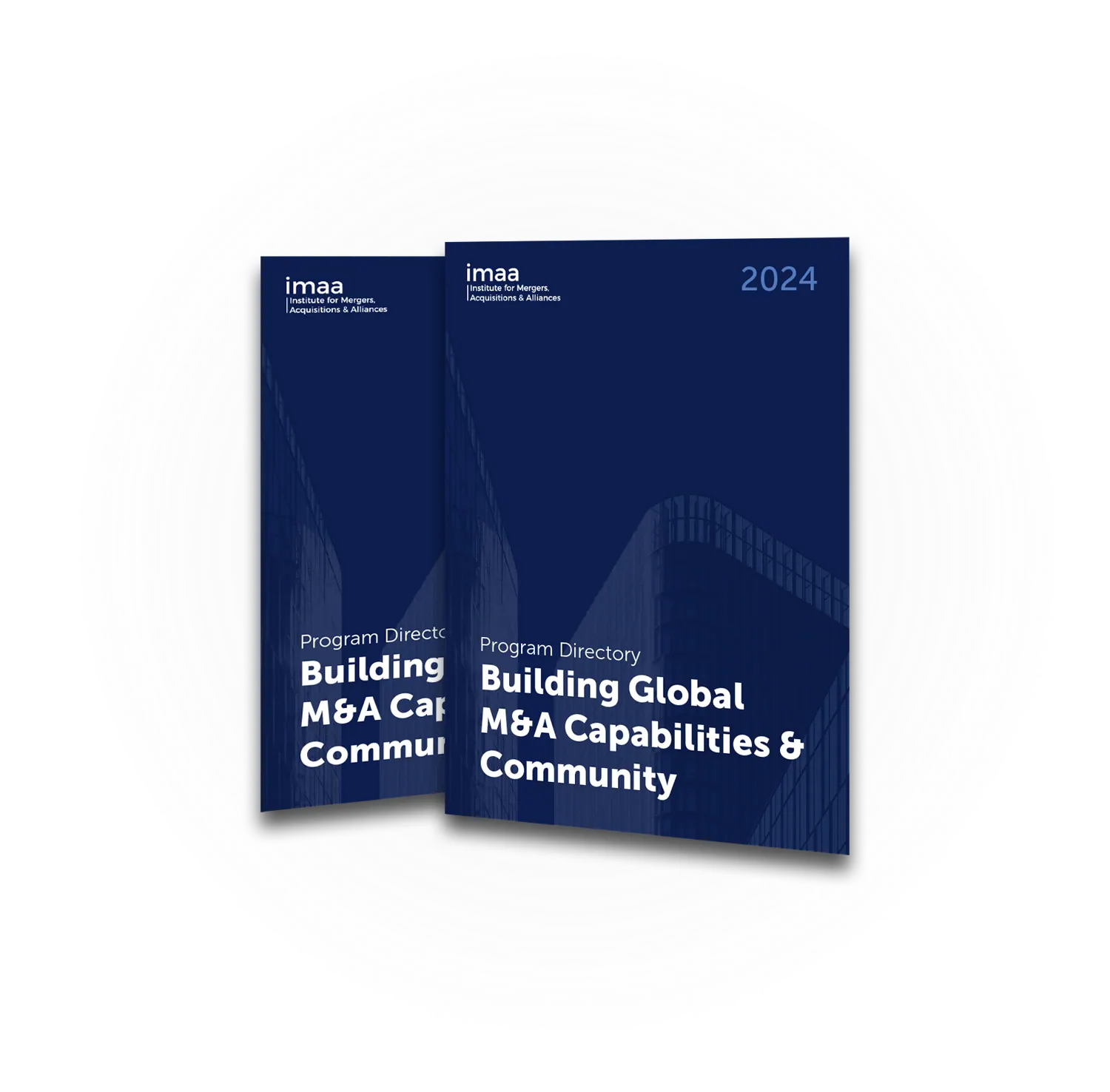Smaller deals generally require more Due Diligence in a relative sense, but it varies according to the desired risk profile of stakeholders. Certain DD areas require different levels of inquiry to account for features inherent to small companies.
Small companies typically lack transparency and have fewer governance requirements. Their financials are less reliable and consistent, leading to additional work in getting numbers of a similar quality. Key people are more highly concentrated, and may include disembarking owners. More risks emerge from lower historical scrutiny in areas including previous tax positions, environmental regulations, health and safety requirements, and other regulated activities specific to the situation.
A middle-market company’s Due Diligence timeline may be shorter than a smaller company’s, although likely with more total work-hours. Some of the activities required in Due Diligence take time to varying degrees regardless of how big the team is. For example, getting environmental test results back from a lab. Other processes require additional activities for small companies, such as rationalizing unreliable financial statements, or digging into tax history, etc.
Additionally, legal remedies may not be applicable in the same way due to prohibitive relative fees and distraction, or if the selling owner/management stay on as managers to support performance through the transition.
These and a multitude of other factors specific to the situation can lead to longer timelines and greater relative workloads for small business Due Diligence in order to deliver a comparable set of risks.



